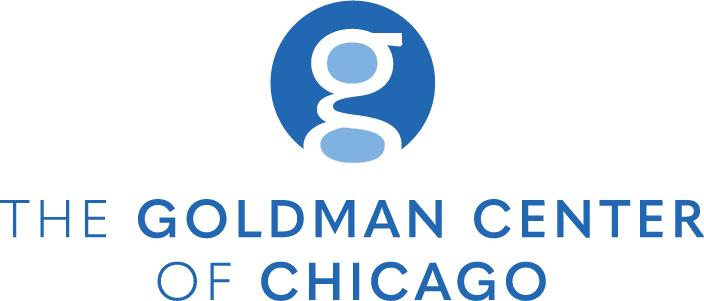Following a neuropsychological evaluation, a psychologist might make a variety of recommendations depending on the needs of the child. One potential recommendation could be a therapeutic preschool program.
What is a Therapeutic Preschool?
A therapeutic preschool is a learning environment that provides educational and therapeutic support to children of all ability levels. A therapeutic learning environment incorporates individual therapy goals into the educational lessons by modifying each activity to better suit every child.
Who Works at a Therapeutic Preschool?
Therapeutic preschools are run by a multidisciplinary team including, but not limited to, teachers, special education teachers, speech-language pathologists, occupational therapists, behavior therapists, and physical therapists.
What does a Therapeutic Preschool Do?
A therapeutic preschool provides each child with individualized services to address emotional, developmental, and social needs in a nurturing educational setting. This environment helps to teach children skills and techniques to succeed in life.
Why Are Therapeutic Preschool Programs Beneficial?
Therapeutic preschool programs can be beneficial for many children for a variety of reasons. However, every child learns differently, so families must consider many factors when deciding on the right program for their children.
Some features of a therapeutic preschool program include:
An individualized approach to learning with small class sizes
Many children benefit from smaller class sizes in order to have a more individualized approach to learning with more opportunities for one-on-one interactions between the child and teacher. With a smaller class size, teachers can incorporate individual goals for children and provide support for developmental skills.
Expertise in building positive behaviors and reducing challenging behaviors
Teachers in therapeutic preschool program often have specific training in strategies for building positive behaviors and reducing challenging behaviors. For example, teachers might provide different strategies for assisting students transition between activities (e.g., singing songs, turning off the lights, using visual schedules). Addressing behavior can help children engage in positive peer interactions and build developmentally appropriate skills.
Incorporating individual therapeutic goals
Children in a therapeutic preschool or kindergarten program might receive individual services outside of the group setting, such as speech, occupational, feeding, behavior, or physical therapy. Teachers in the therapeutic preschool or kindergarten might collaborate with the therapists on a child’s care team in order to target individual goals and promote progress outside of individual therapy sessions.
A variety of group activities
Activities are often planned by a multidisciplinary team to incorporate a variety of skills. For example, occupational therapists might plan sensory bin activities or art projects that target fine motor skills. Therapeutic preschool programs also provide many opportunities for children to generalize skills across settings. For example, if a child is working on social communication in individual speech therapy sessions, the teachers might facilitate peer interactions for this child, so they can practice these skills in a functional, naturalistic way.
Strategies to promote attention and engagement in activities
Due to small class sizes and an individualized approach to learning, teachers in therapeutic preschool programs are often able to spend time understand how to effectively engage each child in activities. For example, some children might benefit from a token system to attend to a task, while other children might benefit from frequent verbal praise. Collaborating with parents or other professionals on the care team can also give teachers a sense of what a child finds motivating.
Collaboration with parents
Parents know their children best, and for that reason, therapeutic preschools value consistent communication between teachers and parents. By keeping open communication, parents and teachers can have a been sense of the “full picture” of the child. Many programs even provide daily updates, such as reports on activities, mood, “glows” or highlights, or photos.
What makes therapeutic preschools stand out?
Therapeutic preschools offer a holistic perspective on learning by emphasizing a collaborative, multidisciplinary approach. These programs help children build essential developmental skills, including speech and language, social skills, play skills, sensory processing, and more. By providing an individualized plan for each child, therapeutic preschool teachers can help each student reach their full potential and generalize skills across settings.
Do you have questions about your child’s development or therapeutic preschool programs? Contact our team to speak with one of our pediatric specialists who can answer your questions! (773) 998-8400









